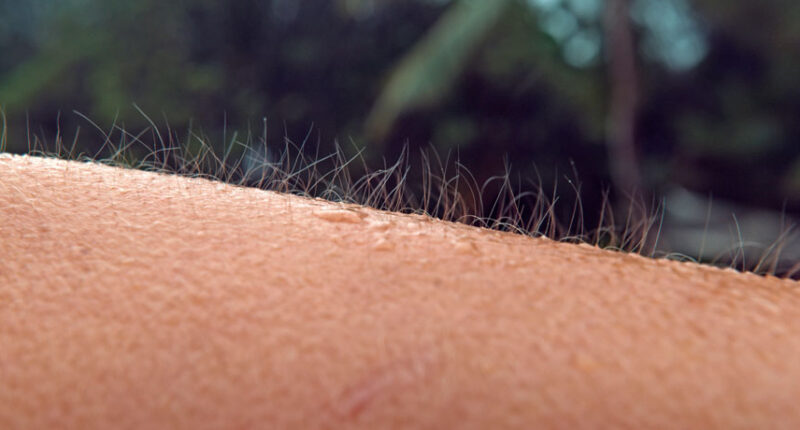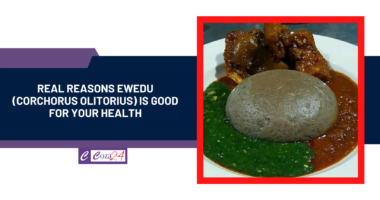Our bodies are constantly sending us signals, and sometimes, these signs can be found in the most unexpected places. Body hair, often dismissed as a cosmetic concern, can actually serve as an indicator of underlying health problems.
From sudden changes in hair growth patterns to shifts in texture and color, our body’s hair can provide valuable insights into our well-being. In this article, we will delve into the lesser-known aspects of body hair and explore how it can help us identify potential health issues.
Table of Contents
Introduction: The Hidden Messages in Body Hair
While body hair has cultural and aesthetic significance, it also carries a wealth of information about our overall health. As our body’s largest organ, the skin plays a pivotal role in reflecting our inner health. Body hair, an extension of our skin, can reveal changes occurring within our bodies that we might otherwise overlook. By paying attention to shifts in hair growth, texture, and color, we can gain valuable insights into potential health problems and take proactive steps toward well-being.
The Hair-Health Connection: Understanding the Link Between Hair and Health
Hair growth is a complex process influenced by a range of factors, including genetics, hormones, and overall health. As such, changes in hair growth patterns can often indicate disruptions in these systems. By examining how hair changes over time, we can better understand what our bodies are trying to communicate and address potential health concerns promptly.
Can Body Hair Indicate Health Problems?
Hair Loss
Sudden and significant hair loss, known as alopecia, can be a sign of hormonal imbalances. Conditions such as polycystic ovary syndrome (PCOS), thyroid disorders, and even stress can disrupt hormone levels, leading to hair thinning or shedding. If you notice increased hair loss, it’s essential to consult a healthcare professional to identify and address the underlying cause.
Excessive Facial Hair
Excessive facial hair growth, known as hirsutism, can be a red flag for polycystic ovary syndrome (PCOS), a common hormonal disorder among women. PCOS can lead to an overproduction of androgens (male hormones), resulting in unwanted facial hair and other symptoms. If you’re experiencing hirsutism, seeking medical advice can help you manage PCOS effectively.
Changes in Hair Texture
The texture of your hair can speak volumes about your nutritional status and thyroid health. Dry, brittle hair might be a sign of malnutrition or deficiencies in essential nutrients like biotin, zinc, and iron. Additionally, an underactive thyroid (hypothyroidism) can lead to coarse, dry hair due to slowed metabolism and reduced sebum production.
Thinning Eyebrows
Thinning eyebrows, particularly the outer third, can be an indication of thyroid dysfunction. The thyroid gland plays a crucial role in regulating metabolism and hormone levels. Thinning eyebrows might signal an underactive thyroid, so it’s advisable to consult a medical professional for a thorough evaluation.
Premature Graying
Premature graying of hair can be linked to factors such as chronic stress and vitamin deficiencies. Experiencing high levels of stress triggers the release of free radicals that can impact hair pigmentation. Additionally, deficiencies in vitamin B12 and folic acid can accelerate graying. By managing stress and maintaining a balanced diet, you can potentially slow down premature graying.
Conclusion
Body hair, often overlooked, can serve as a powerful tool for monitoring your health. By paying attention to changes in hair growth, texture, and color, you can gain valuable insights into potential health problems. Your body’s hair growth patterns are a reflection of your inner well-being, and they offer an opportunity to address health concerns before they escalate. Listen to what your hair is telling you, and embark on a journey of proactive health and self-care.
Also View | 6 Best Herbs To Boost Brain Power & Memory
FAQs
- Can hair loss be reversed? The ability to reverse hair loss depends on the underlying cause. In some cases, addressing the root cause, such as hormone imbalances or nutrient deficiencies, can lead to hair regrowth.
- Are there specific tests to identify hair-related health issues? Yes, healthcare providers can conduct blood tests to assess hormone levels, thyroid function, and nutrient deficiencies that might contribute to hair-related health problems.
- Can hair health improve with dietary changes? Absolutely. A balanced diet rich in essential nutrients, such as biotin, iron, and vitamins, can support hair health and growth.
- Is it normal for hair texture and color to change with age? Yes, hair texture and color can change as part of the natural aging process. However, abrupt and dramatic changes might indicate underlying health concerns.









